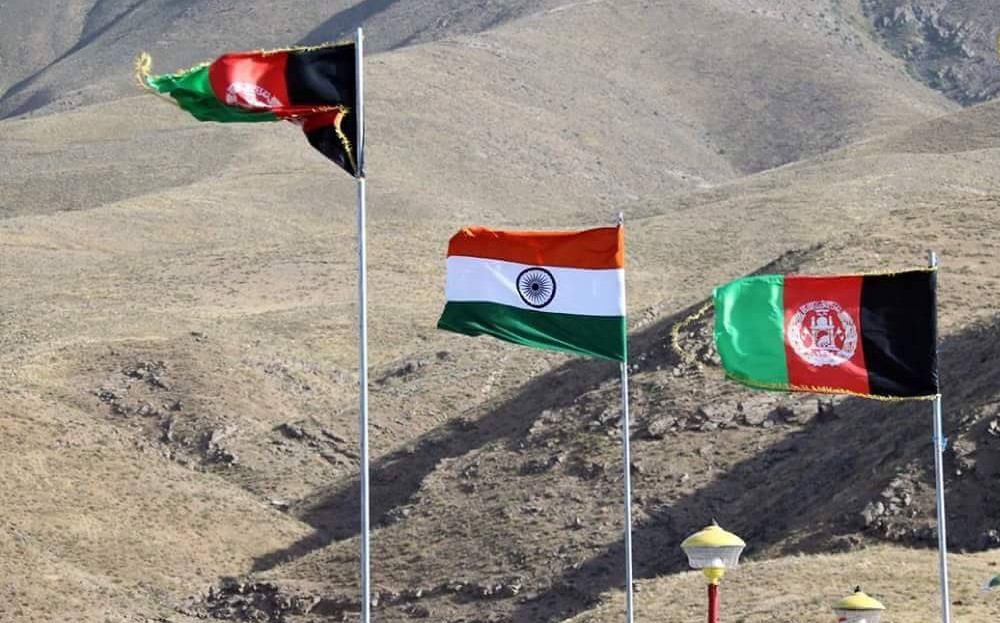
Afghanistan: A Time of Reckoning for India
Thu, 05 Nov 2020 | Reading Time: 5 minutes

In its tumultuous history, Afghanistan has often been termed as ‘the graveyard of empires’ and a region where the ‘great game’ has often been played. Kingdoms and governments have changed many times over but this rugged, impoverished land has seldom witnessed, for a sizeable period, an era of political stability and peace. Since the last, nearly 20 years or so, the world’s sole superpower, the US, assisted by a reasonably large International Security Force has waged, not so successfully, a war in Afghanistan, against a combination of local terrorist organisations and warlords to establish a modicum of peace enshrined in a democratic government. Having spent a trillion dollars or so and incurred nearly 3 thousand fatalities, the US fighting the longest war in its history is, unquestionably, financially and militarily fatigued and anxiously looking for an honourable exit from a war it knows it cannot win decisively.
Since the last few months, while India has been waging with determination, a two-pronged challenging battle against the Wuhan originated COVID 19 virus and serious Chinese transgressions in its remote Eastern Ladakh region, a Catch 22 situation confronts it on another front. Though having followed a consistent and Afghan-friendly policy towards that fratricidal – violence afflicted nation since the last two decades, India must now speedily formulate its stance towards the supposedly emerging power nexus in Afghanistan, namely, the medieval mind-settled, Pakistan mentored terror driven Afghan Taliban.
The Indian government, in keeping with its traditional stance, has frequently spoken of the Afghan peace process underway since a couple of years to include all Afghan stake-holders including the democratically elected Kabul government. Amazingly, many former Indian diplomats and geopolitical analysts opine that India must be flexible enough to respond adequately to the seemingly changing security contours in Afghanistan and thus discard its old policy of not talking to the Taliban. Accordingly, they suggest India opening up channels of communication with the new emerging power structure in strategically important Afghanistan, namely, the Afghan Taliban. Notwithstanding the Taliban’s past record of a grave and recurrent violence against its own people, abject cruelty towards women, patronising the drug trade and utter disdain for democratic and civil norms, most of our experts are now rooting for India to change its policy towards the Taliban! That the traditionally close nexus between the Taliban and its mentor, Pakistan’s sinister ISI, appears to be brushed aside at the altar of expedient geopolitics drives this immoral policy change suggestion.
Geo-strategic experts who recommend warming up to the Taliban strongly opine that, since years, India has been marginalised in shaping the future of Afghanistan and have ceded space to Pakistan. It is worth noting that the latter’s quest, since decades, for strategic space in Afghanistan is a dead concept now, though its machinations of having a pliant regime in Kabul persists. Pakistan remains more than concerned of an unfriendly Kabul dispensation towards it for more reasons than one. It is concerned with Afghanistan’s disdain for the Durand Line (the border between Pakistan and Afghanistan which no Kabul government has ever recognised) and the Pashtunistan dream. Thus, Pakistan’s obsession and insecurity with the happenings in Afghanistan can easily be understood.
India’s consistent policy of non-interference in the internal affairs of Afghanistan, yet supporting it by its soft power forays have ensured for India the respect of the Afghan people. India is the largest regional donor in Afghanistan with its humanitarian support package of US $ 3 billion for power, civil infrastructural projects, hospitals, educational institutes, the Salma Dam and the Afghan parliament building apart from medical aid this year to combat the pandemic. In addition, India has promised to send 75000 tonnes of wheat for Afghanistan this year as an aid. India now has to charter its policy for Afghanistan with an amalgam of its national interests, strategic clarity and without discarding adherence to human values which are characteristic of India.
Pakistan, which has been a consistent trouble-maker in Afghanistan, will naturally like to pursue its own interests and thus will continue to mentor the Afghan Taliban till the latter continues supporting Pakistan’s strategic goals. Pakistan, following its traditional and myopic strategy to keep India out of reckoning in Afghanistan affairs, is currently endeavouring to show to the US and other stakeholders their supposed influence with the Taliban. Be that as it may, they are trying to mend fences with the Ashraf Ghani government in Kabul and recently hosted Afghan leader Abdullah Abdullah in Islamabad. Abdullah Abdullah, though a rival of President Ghani, is the Chairman of the Afghanistan High Council for National Reconciliation and engaged in the ongoing talks with the Taliban in Doha. Meanwhile, Pak PM Imran Khan is also likely to visit Kabul in the coming weeks. Contrary to Pakistan’s policy over the last few years of supporting the withdrawal of US and foreign troops from Afghanistan, PM Imran Khan has recently stated that any “hasty international withdrawal from Afghanistan would be unwise” and no early timelines should be fixed for the withdrawal of US troops. There has to be something more than that meets the eye as regards Imran Khan’s statement as it has been contrary to the traditional Pakistani stance for Afghanistan!
The scheduled talks in Doha between the US interlocutors, Taliban and the Afghan government delegation appear to have reached a dead-end as expected reportedly, owing to Taliban intransigence. The Taliban, meanwhile, continues with its gruesomely violent activities inside Afghanistan even while the talks are taking place. It is understood that the Taliban will not agree to any ceasefire till a political settlement agreeable to them has been formalized.
Indian External Affairs Minister Shri Jaishankar had video-addressed the Opening Session at Doha reiterating the Indian stand of any negotiations and agreement to be concluded – should be “Afghan-led, Afghan-owned and Afghan-controlled”. He had emphasised that whatever agreement is reached there must ensure that Afghan soil will not be used for any anti-India activities. Pakistan is likely to make all efforts subsequently to relocate some of the terrorists operating currently in Afghanistan to India’s J&K.
Before India finally decides on its future Afghan policy it must never forget the Taliban’s past record of violence, extremism and medieval tenets bordering on the most abject cruelty. India must prevail upon the current US administration and the next one, to sort out the mess in Afghanistan before it makes what will turn out into an inglorious exit.
India must also take the lead to get Russia and Iran onboard to help arrive at a peaceful solution to the Afghan conundrum. It must do whatever possible, without putting any ‘boots on the ground’ to support and sustain a democratic government in Afghanistan. A Government of National Unity should be strived for and even the UN could consider deploying an international peace enforcing force. India, as it continues training members of the Afghan National Security Force (ANSF), must consider equipping the Afghan Army with some lethal equipment. A regiment of tanks, a couple of mechanised infantry battalions, two to three light artillery regiments and some attack helicopters can be given to the Afghan Army. The upgradation of the ANSF will likely deter the Taliban from sporadic acts of violence against the former and innocent civilians.
The world community must never forget that the conflict in Afghanistan is a basket case for the entire world to succeed as this was the nation where the world’s first Global War on Terror was launched. As India remains naturally committed currently to combating the twin challenges of confronting the pandemic and the expansionist Chinese in Ladakh, it must not ignore the political and security churning taking place in the land of the Hindu Kush. Accordingly, it must conceive a coherent and do-able strategy for Afghanistan, a nation of immense strategic interest for it now and in the years ahead.
Disclaimer
The opinions expressed in this article are the author’s own and do not reflect the views of Chanakya Forum. All information provided in this article including timeliness, completeness, accuracy, suitability or validity of information referenced therein, is the sole responsibility of the author. www.chanakyaforum.com does not assume any responsibility for the same.
Chanakya Forum is now on . Click here to join our channel (@ChanakyaForum) and stay updated with the latest headlines and articles.
Important
We work round the clock to bring you the finest articles and updates from around the world. There is a team that works tirelessly to ensure that you have a seamless reading experience. But all this costs money. Please support us so that we keep doing what we do best. Happy Reading
Support Us







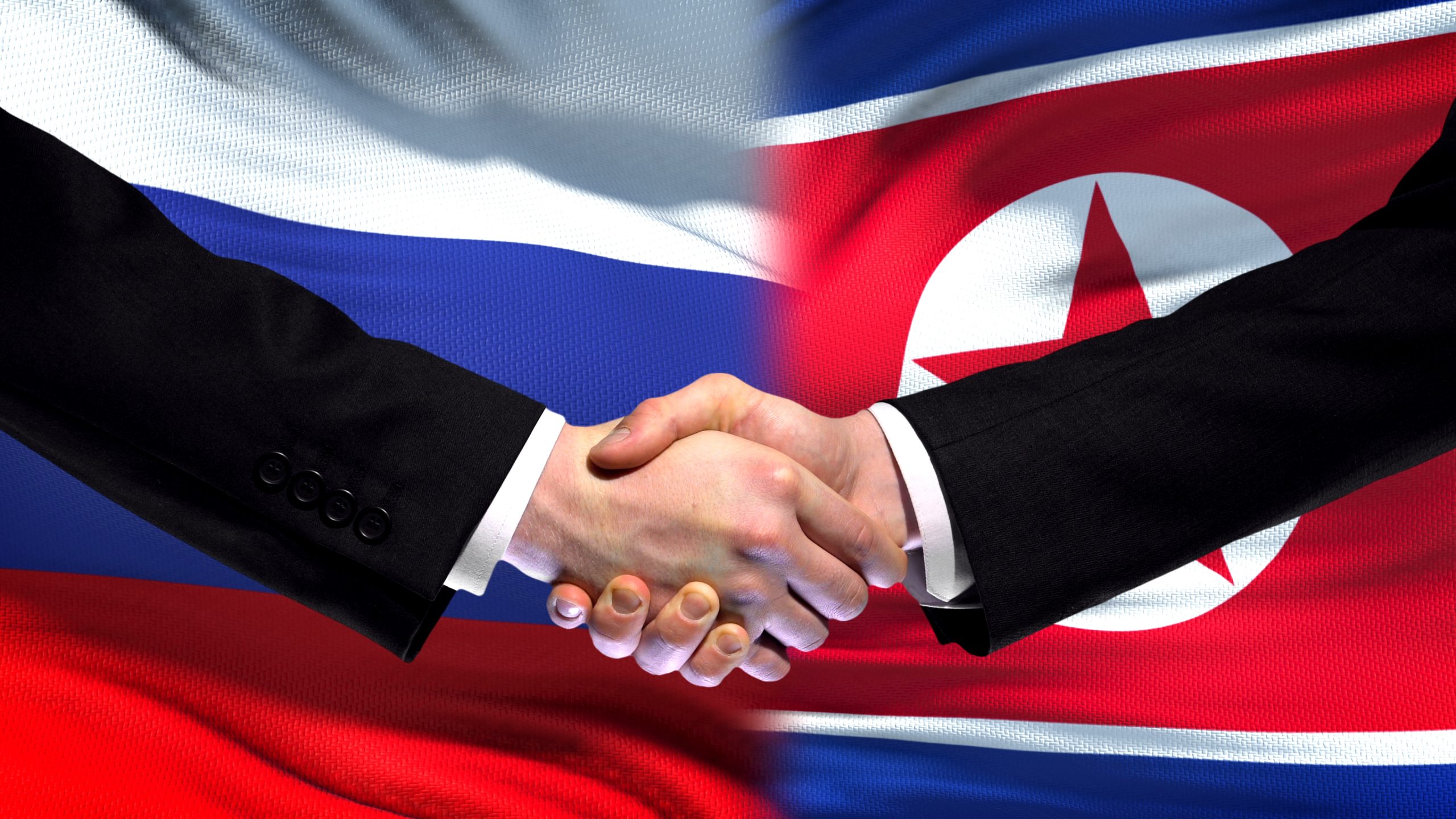
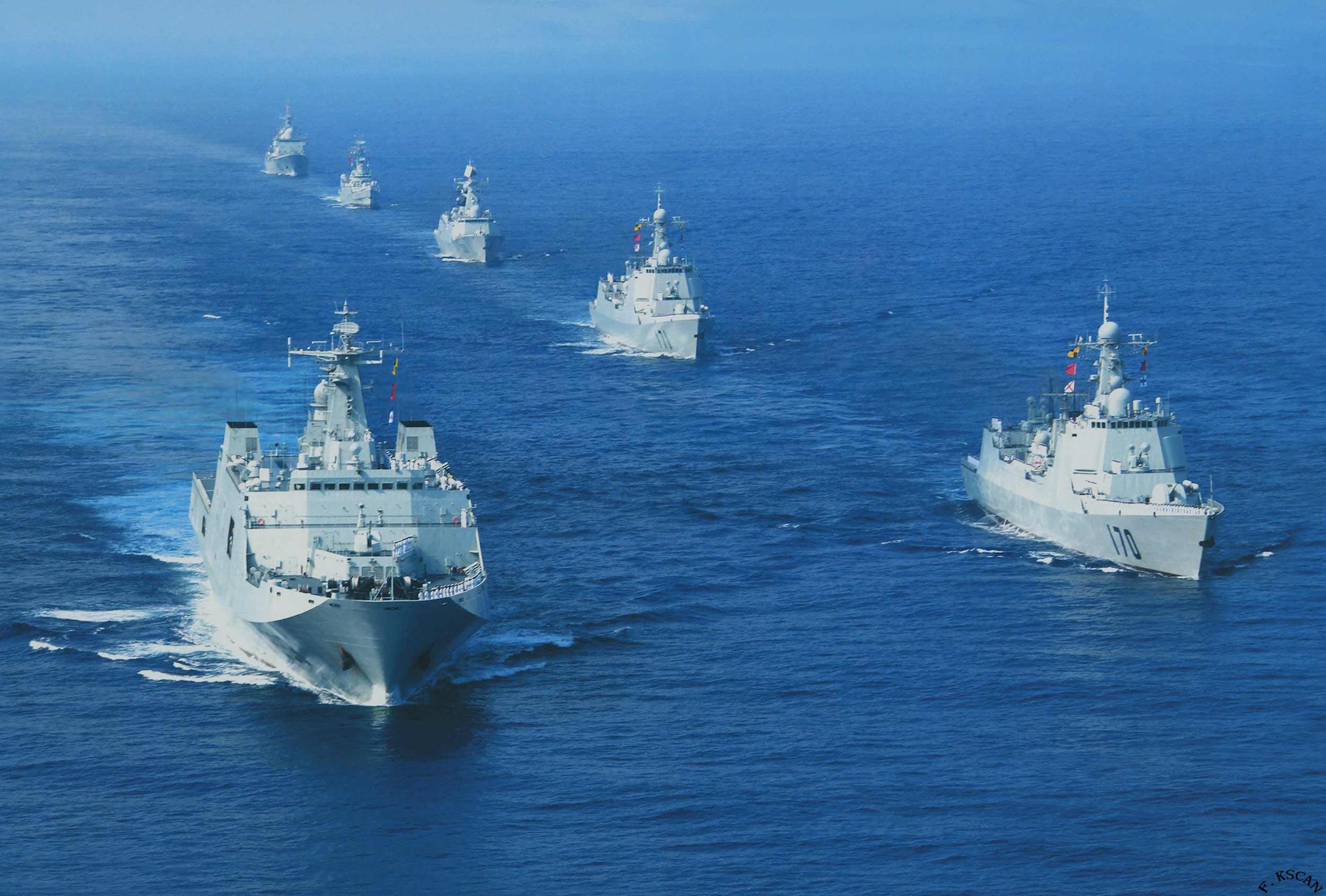
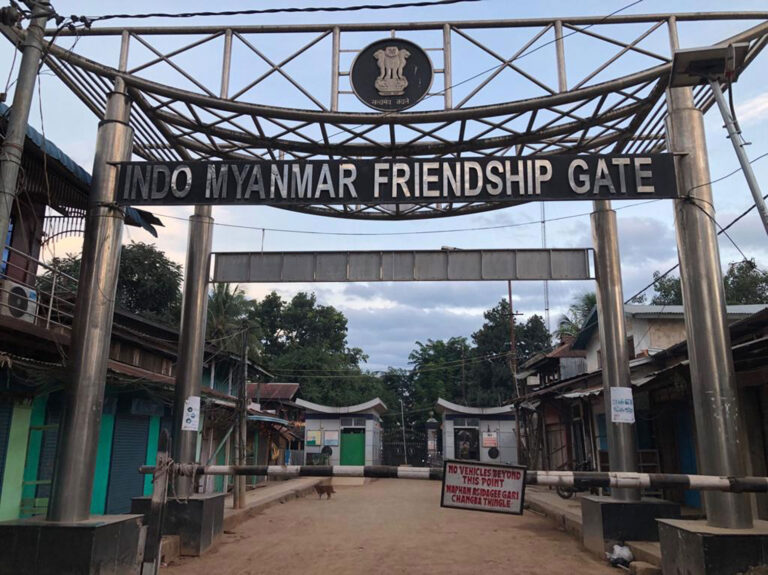
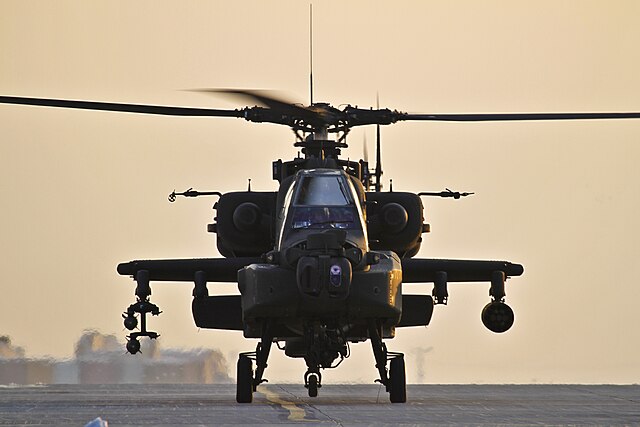
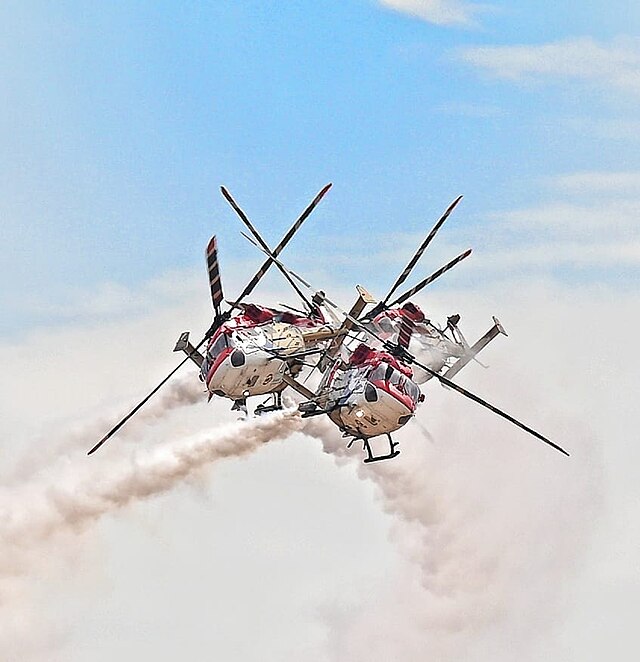
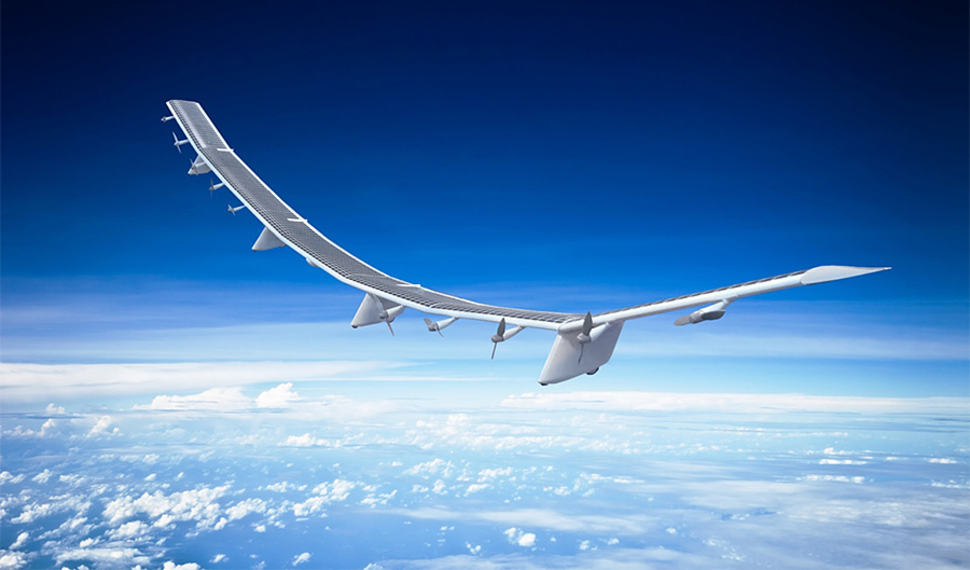
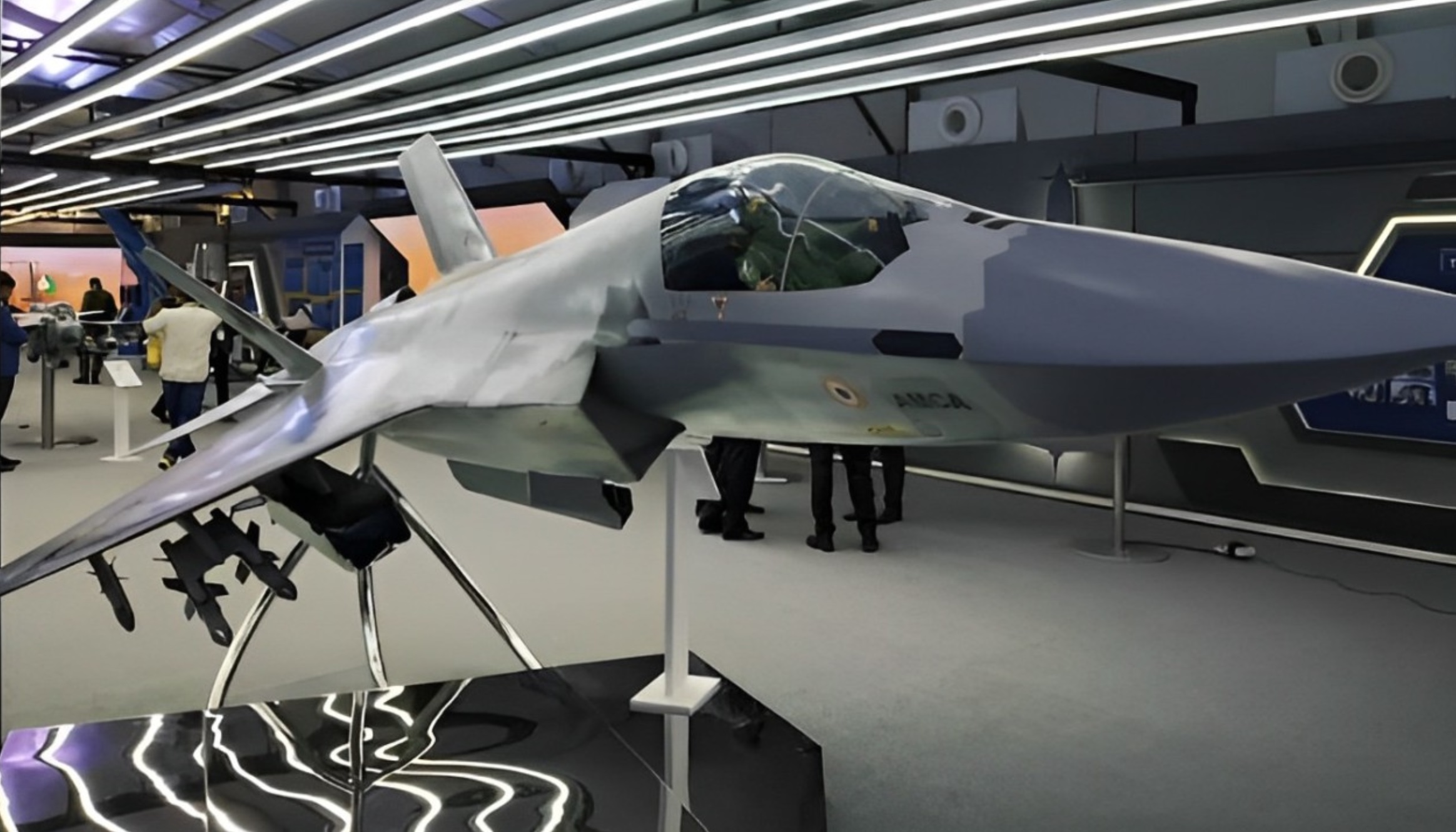






POST COMMENTS (0)